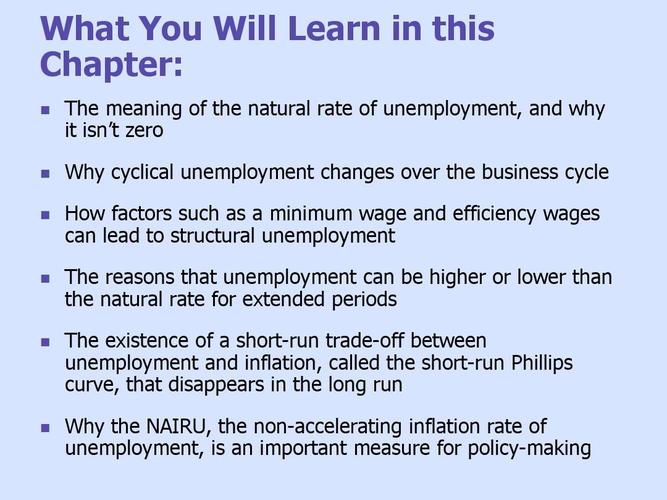The Business Cycle: Understanding the Economic Ups and Downs
 summary:
The Business Cycle: Understanding the Economic Ups and Downs summarizes the fluctuations o...
summary:
The Business Cycle: Understanding the Economic Ups and Downs summarizes the fluctuations o... The Business Cycle: Understanding the Economic Ups and Downs summarizes the fluctuations of the economy through the business cycle. It explains the phases of economic growth, peak, decline, and recession, and how businesses and individuals can navigate these changes. Understanding the business cycle is crucial for making informed decisions in both personal and corporate finances.
Title: The Business Cycle: An Examination of Economic Fluctuations
In the realm of economics, the concept of the business cycle is fundamental, as it encapsulates the fluctuations that occur in economic activity over time. This article delves into the nature of the business cycle, its components, and the impact it has on businesses and individuals.
What is a Business Cycle?
The business cycle refers to the ups and downs in an economy's performance over time. It is a natural phenomenon that results from the interplay of various factors, including consumer behavior, technological advancements, government policies, and global economic conditions. The business cycle consists of phases that range from economic growth to recession and back again.
Components of the Business Cycle
1、Expansion: This phase marks the beginning of an economic upturn, characterized by rising output, employment, and consumer confidence. Businesses expand their operations, investment increases, and companies are generally optimistic about future prospects.
2、Peak: In this phase, economic activity reaches its peak, with high levels of production and consumption. Employment rates are at their highest levels, and businesses are at their most profitable.
3、Transition: As the economy starts to slow down, it reaches a transition phase where growth rates begin to decline. This phase often precedes a recession or downturn.
4、Recession: In this phase, economic activity declines significantly, with falling output and employment levels. Consumer confidence drops, businesses cut back on investment and spending, and the overall economy contracts.
Impact on Businesses and Individuals
The business cycle has significant implications for both businesses and individuals. During expansion phases, businesses have an opportunity to grow and expand their operations, while individuals enjoy rising income levels and increased job opportunities. Conversely, during recession phases, businesses face challenges such as decreased demand and revenue losses, leading to job losses and reduced investment. Individuals also experience a decline in their income and increased financial stress.
Understanding the business cycle is crucial for businesses to make informed decisions about investment, hiring, and marketing strategies. It also helps individuals to prepare for economic changes and make wise financial decisions.
Factors Influencing the Business Cycle
The business cycle is influenced by several factors, including consumer behavior, technological advancements, government policies, global economic conditions, and market supply and demand. Consumer behavior plays a crucial role as it affects demand for goods and services. Technological advancements can drive economic growth by increasing productivity and efficiency. Government policies can also influence the business cycle by providing fiscal and monetary stimulus during downturns or promoting growth through infrastructure development and tax incentives. Global economic conditions such as trade wars or global pandemics can also impact the business cycle by affecting trade and supply chains.
How to Navigate the Business Cycle
Navigating the business cycle can be challenging for both businesses and individuals. For businesses, it is essential to have a clear understanding of the current phase of the business cycle to make informed decisions about investment, hiring, marketing strategies, and product development. During expansion phases, businesses should focus on seizing opportunities for growth and expanding their market presence. During downturns or recession phases, businesses should focus on cost-cutting measures, preserving cash flow, and adapting to changing market conditions.
For individuals, it is essential to have a diversified income stream and savings plan that can withstand fluctuations in economic conditions. During expansion phases, individuals should consider investing in stocks or other assets to capitalize on rising markets. However, during recession phases, individuals should prioritize preserving their financial stability by reducing spending and debt levels while seeking opportunities for additional income or part-time work if necessary.
In conclusion, understanding the business cycle is crucial for businesses to make informed decisions about investment strategies and market presence. It also helps individuals prepare for economic changes and make wise financial decisions that can withstand market fluctuations over time. By understanding the components of the business cycle and its impact on businesses and individuals alike, one can better navigate through its ups and downs while staying resilient in uncertain times ahead."

